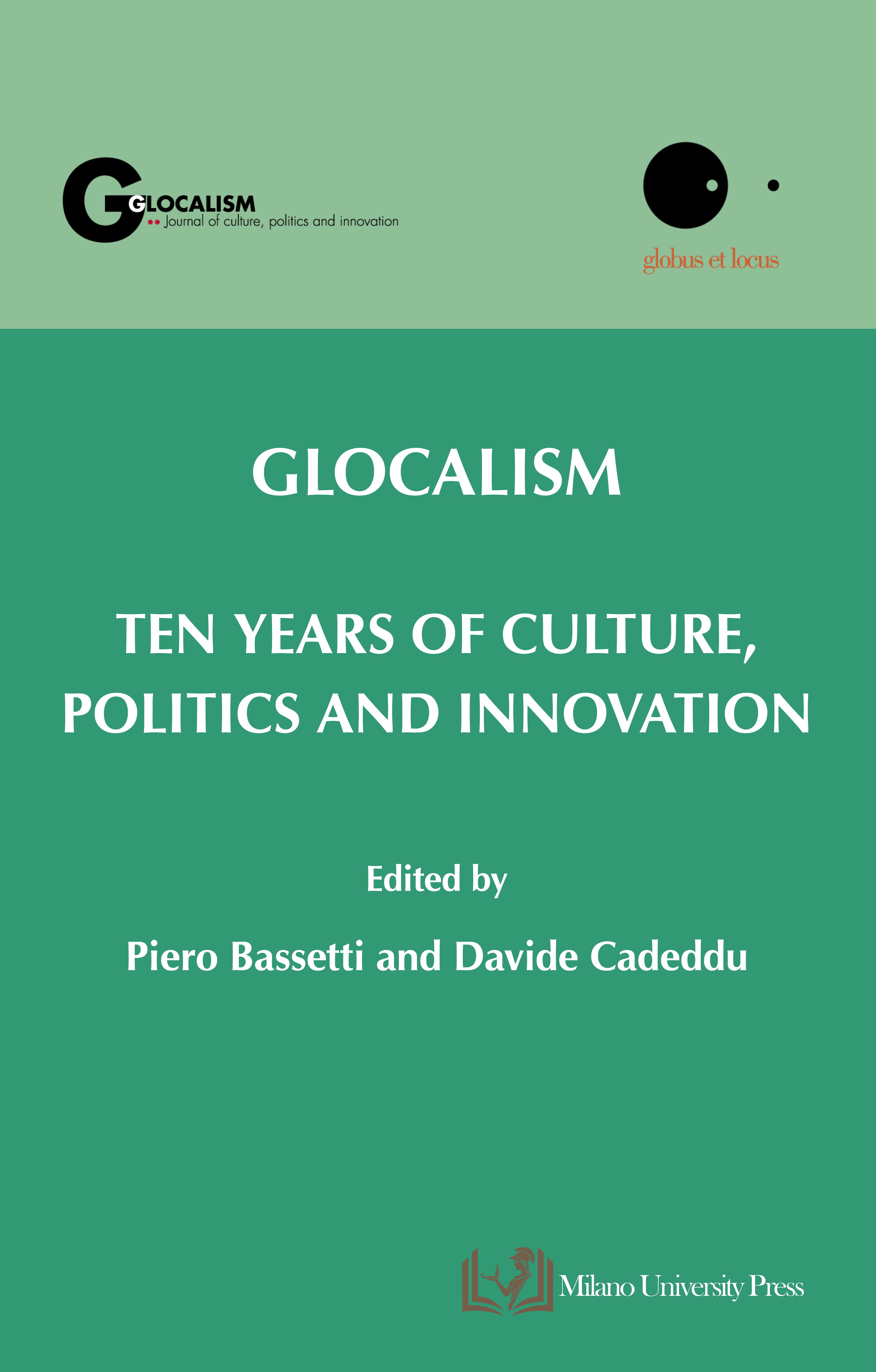Humanitarian Reactions to Conflict and the Resettlement of Refugees
DOI:
https://doi.org/10.12893/gjcpi.2022.2.1Keywords:
refugees, resettlement, conflict, intervention, puppetryAbstract
Refugee movements are, indeed, the embodiment of “glocalization”, or the increasing interconnectedness of global and local phenomena, with local entities being affected by globalization as well as by their own contexts. Host countries are generally unprepared for the local impact of refugee resettlement, and because there are significant differences between (and within) refugee groups, even for experienced service providers, the process is challenging. Escaping refugees, powered by the urgency of conflicts with, and/or within, their homelands, are faced by a myriad of additional tests to their fortitude and flexibility. Nation states are not insular, regardless of distance from the country in conflict, and they either directly or indirectly experience the consequences of these conflicts. As host nations prepare to receive and integrate refugees, the global or international issue becomes a local one, and the local community moves to develop opportunities for these newly arriving populations. This paper presents an overview of the refugee experience, proposing that refugee resettlement is only a beginning, and acceptance and integration in the host country is a lifelong process. It provides a model to speak to this ongoing process of adjustment and adaptation and suggests puppetry as a tool for the education of host country residents, service providers, and also for refugees.
Downloads

Downloads
Published
How to Cite
Issue
Section
License

This work is licensed under a Creative Commons Attribution-ShareAlike 4.0 International License.











